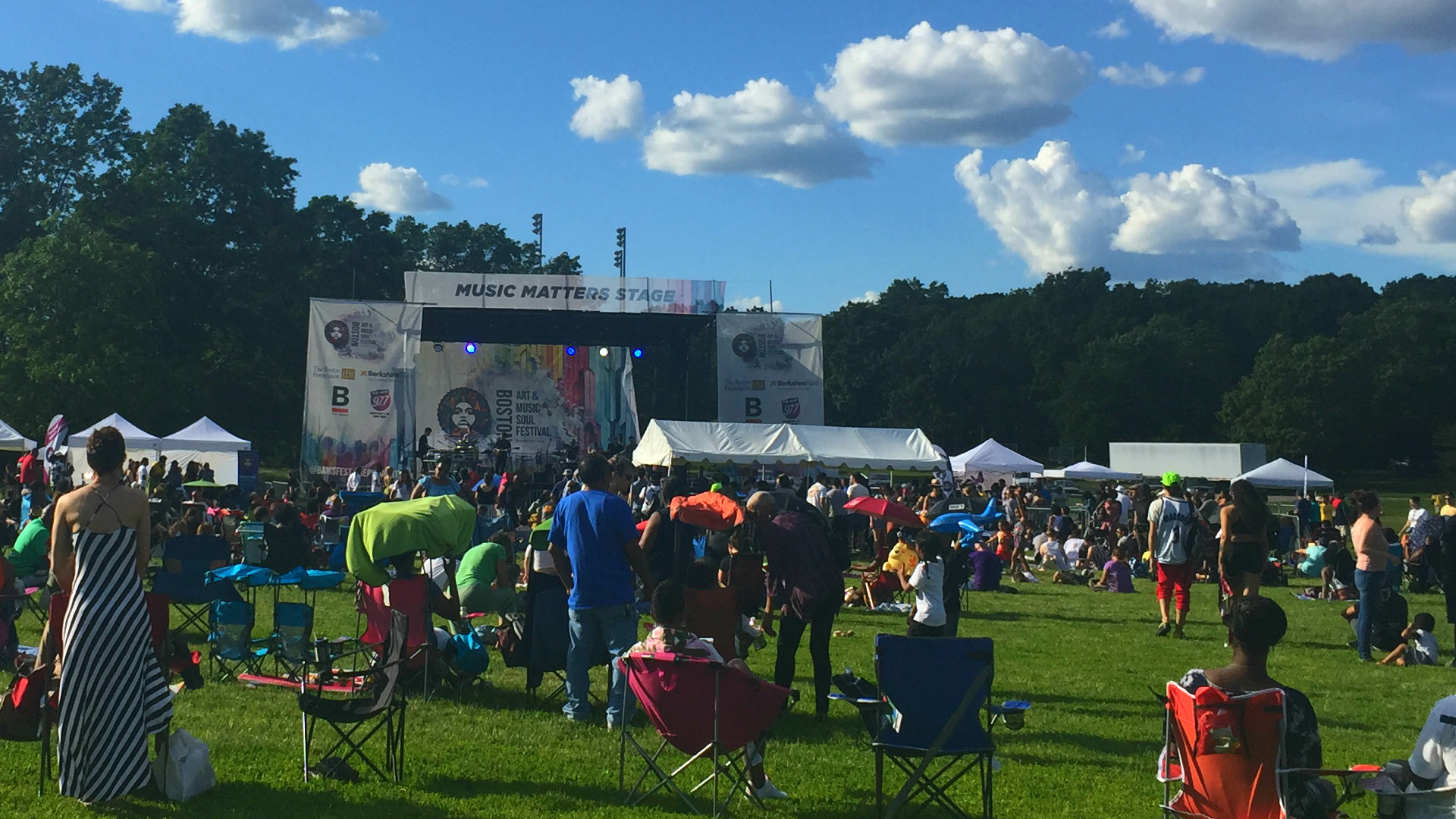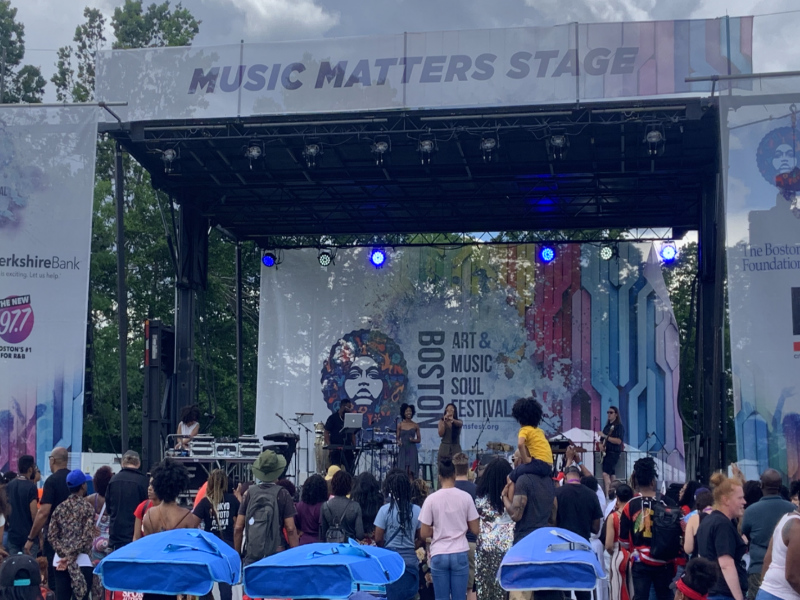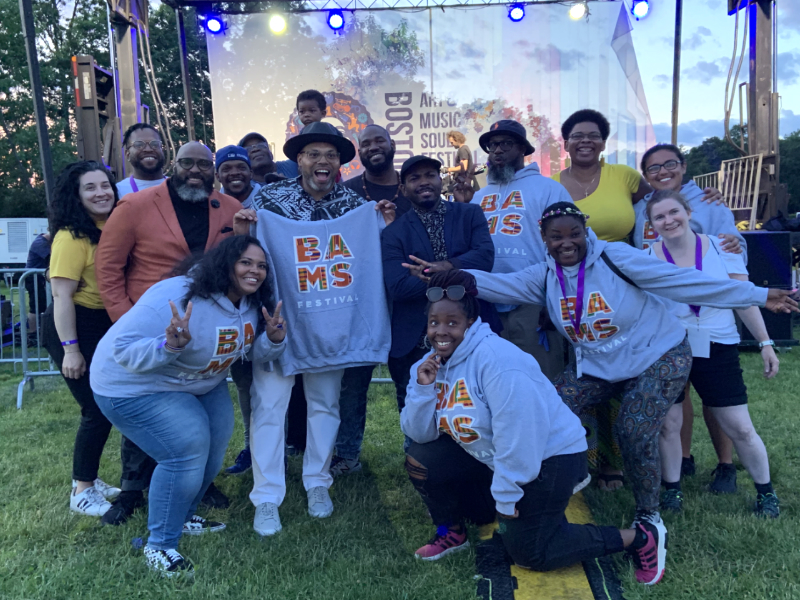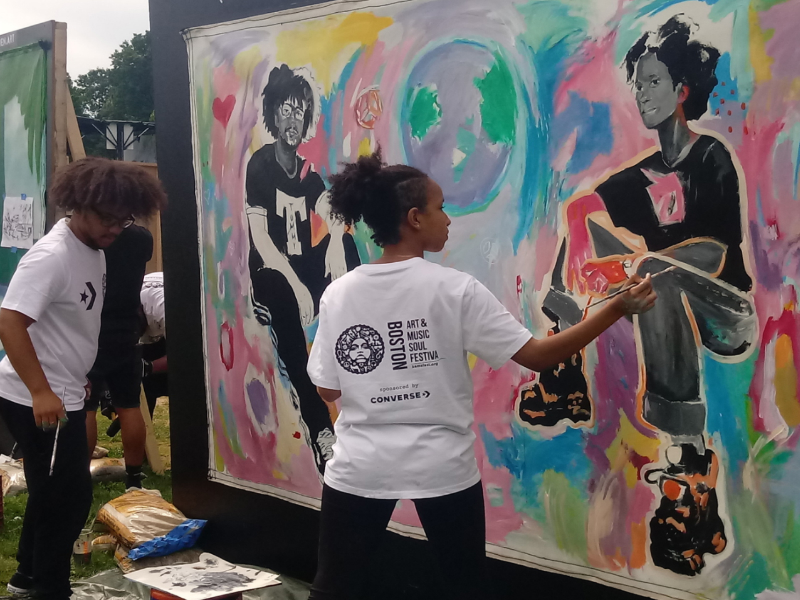
By Daniella Ayesha Fernandes, MBA/MA SID’19
After spending two years at the Heller School, one begins to interrogate life and its everyday transactions through a social justice lens. Choosing to shop at a grocery store – what is the minimum wage paid to their workers? At a café – does it have an accessible entrance? Are their ingredients fair trade? At school – are the students, staff, faculty and curriculum diverse?
But when it came to consult for an organization like BAMS Fest Inc., who wanted us to help evaluate their music festival with a social justice mission, our questions weren’t as familiar. All of us on the Team Consulting Project (TCP) team had attended concerts and festivals in our lifetime, but none of us knew how a festival such as BAMS Fest was built ground up. Therefore, to be effective consultants and ask the right questions – we dipped into our management toolkit to look for suitable frameworks.
With the festival coinciding with the timeline of our TCP itself, we had the unique opportunity to choose and implement a particular tool, ‘gemba,’ a Japanese term meaning to go see and ask why, with respect. This was a hands-on tool for lean management practice, taught to us by our advisor Prof. Joel Cutcher-Gershenfeld and Prof. Carole Carlson during our strategic and operations management classes in the spring.
However, to use this tool to its maximum potential and for us to execute an effective evaluation strategy, we needed in-depth, on-the-ground backstage access. We realized, volunteering for the festival could help us achieve this.
So, on festival day, June 22, 2019, an almost-perfect, windy summer day, the five of us put on our bright yellow volunteer shirts and fanned out onto Playstead field, Franklin Park to learn more about how BAMS Fest was elevating the cultural fabric of Boston.
With two stages on either end, bordered by diverse vendors, food trucks, dance and game tents with a super-comfortable lounge and graffiti artists at its center, BAMS Fest was set-up and ready for the community to come together and have a great time.
Opening on time at noon, the festival kicked off with incredibly talented local artists and musicians – setting the tone of the day – celebrating community, culture and diversity through the arts. At 1pm, once festival attendees had time to come in and settle, we began with our evaluations. Our strategy was simple – observe, ask, document and help.
Throughout the day we took our time to really soak in the festival. There was a lot to see and more to learn. We listened to the artists perform, paint, dance. We spoke to vendors, food trucks, families attending. We wanted to know what brought each of them to BAMS and what a festival of this nature meant to the community.
We learned while we asked our questions that the voices of the festival had so much more to share. We heard words like ‘free,’ ‘peaceful’ and ‘intersectional’ repeated over and over, emphasizing how a platform such as this was a crucial celebration of culture for a community that has historically been sidelined and redlined by the city of Boston.
We witnessed how BAMS Fest. truly strives to break down racial and social barriers to arts, music, and culture for marginalized communities of color across Greater Boston. Through the festival, the team, entirely volunteer-based (which includes the founder, Catherine Morris) envisions to create a diverse and inclusive commonplace for Greater Boston's recording, performing and visual artists of color, to use their artistic talents in a manner that changes societal perception, and empowers and engages audiences of color to convene.
Towards the end of the day, as we helped clean up, picking up barricades tables and trash, our bodies were tired but hearts were full.
In the next chapter, learn about how a TCP presentation comes together!



